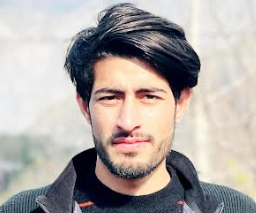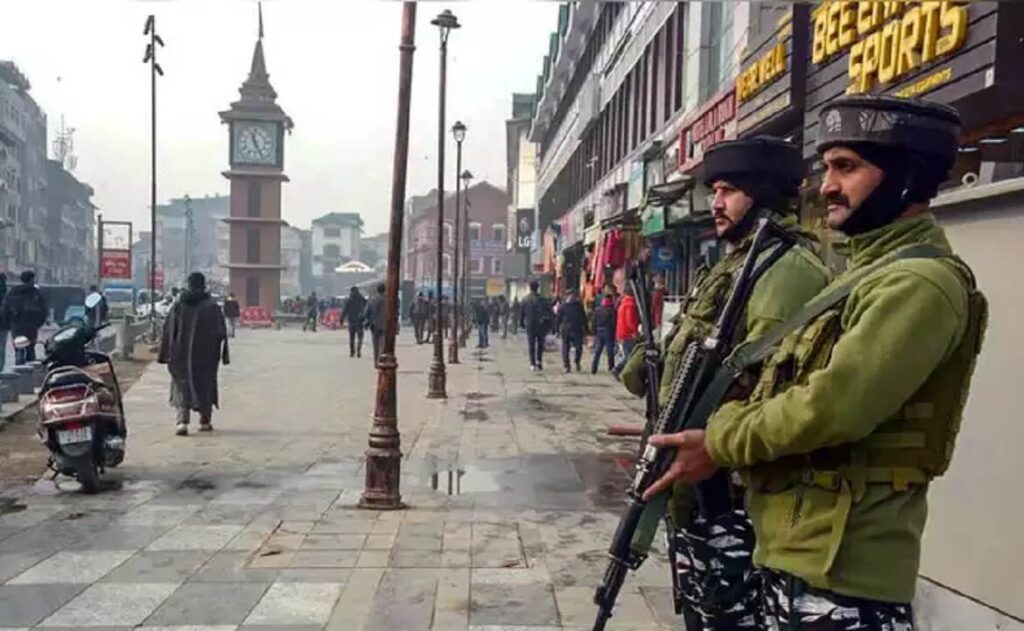By Mehtar Jan
On August 5, 2019, the Modi government reversed the special status of Jammu and Kashmir by revoking the Article 370 and 35A of the Indian Constitution, which protects the special autonomous status of the state of Jammu & Kashmir.

This decision sparked an outcry not only in the occupied region but also in Pakistan, a party to the dispute. Before the Constitutional amendment, the Modi government put in place a Curfew and caged the millions of Kashmiris in their homes.
Additionally, internet and telephone services were suspended to avoid social media backlash and prominent political leaders were arrested. With its far-reaching implications, this decision has been a subject of intense debate and legal challenges.
This article examines the legal confirmation of the revocation, explores the potential prospects for J&K, and analyzes the ongoing challenges.
Legal Confirmation: The Supreme Court Verdict
The revocation of Article 370 was challenged in the Supreme Court of India. In December 2023, the Supreme Court upheld the government’s decision in a landmark judgment. The Court considered the following key points before issuing a verdict. In its defense, the Court affirmed that the Constituent Assembly, which drafted the Indian Constitution, possessed the authority to repeal Article 370 through a Presidential Order, so the Presidential decree is legal and appropriate.
Furthermore, the Court viewed Articles 370 and 35A as temporary provisions to facilitate Jammu and Kashmir’s Integration with India. The special status was revoked to integrate the region with the Indian Union and promote development.
To further support the Indian government’s act, the Court upheld the validity of the Jammu and Kashmir Reorganization Act 2019. The Reorganization Act 2019 bifurcated the state into two Union Territories (UTs)-Jammu & Kashmir and Ladakh. The decision destroyed the statehood status and deprived it of its identity.
Nonetheless, the Court left the question of restoring J&K’s statehood for future consideration, which means the people of Jammu and Kashmir must wait for the final verdict. In conclusion, the Court decision broadly protects the actions of the Indian government and provides no ramifications to the people of Kashmir suffering from territorial and identity loss. The revocation of the special status has opened the doors for non-Kashmir settlers in Jammu and Kashmir and deprived the Kashmiris of obtaining government jobs.
Prospects for J&K: A Glimpse into the Future
Since the revocation was a long-awaited and much-touted mantra sold by the BJP to the masses of India in the name of socio-economic development and industrialization, it is imperative to discuss some broad benefits here. The BJP government argues that Integration with the broader Indian economy could increase investment, infrastructure development, and job creation. This could improve the standard of living for J&K residents.
Furthermore, the abrogation allows for full participation of J&K residents in national politics, potentially leading to more excellent representation and a stronger voice in national affairs. Article 35A, which restricted property rights for non-permanent residents of J&K, primarily impacted women. Its removal could promote gender equality and empower women.
Challenges and Concerns: Navigating a Complex Landscape
Despite the potential benefits, the revocation also presents significant challenges. First and foremost are the security Concerns. J&K has a long history of militancy and state oppression. Since 1989, the region has seen consistent anarchy and brutality committed by the Indian forces. The Indian government has provided complete impunity to its troops for their illegal and mistreatment of the Kashmiri people.
The Indian security forces have killed more than one hundred thousand civilians. It involves unlawful detentions of civilians, including women and children, extrajudicial killings, rape and torture. The revocation has reignited tensions and concerns about renewed violence. Addressing security concerns and fostering trust with the local population remains crucial. The repressive and brutal tactics exercised by the Indian security forces will not earn significant trust and goodwill in the region, thereby further escalating the tensions among the security forces and Kashmiri civilians.
Political discontent is yet another challenge to the Indian government. A segment of the J&K population feels disenfranchised by the revocation. The political leadership and the general public feel betrayed by the BJP government. For them, the annexation is the ultimate lie in the name of socio-economic development. So, addressing their concerns through political dialogue and outreach programs is essential. Integration with the rest of India requires careful consideration of cultural and religious sensitivities. Promoting social harmony and inclusivity will be crucial for long-term success, which is not on the agenda of the current BJP regime. The Modi regime is playing the politics of ethnic and religious divide to gain the support of hardliner Hindus.
Furthermore, there have been concerns about human rights violations in J&K following the revocation. Indian security forces are using disproportionate violence against civilians in the region. Ensuring transparency and upholding human rights is vital for maintaining public trust.
Conclusion: The Path Forward
The revocation of Article 370 and 35A marks a significant turning point in the relationship between J&K and India. The Supreme Court’s verdict provides legal certainty, but the journey towards a peaceful and prosperous J&K is far from over. The Indian government must navigate a complex landscape by addressing security concerns, fostering political inclusion, promoting social harmony, and upholding human rights. Open communication, a focus on development, and respect for the unique identity of J&K will be critical for achieving long-term stability and prosperity in the region.
Mehtar Jan – Student of International Relations at the University of Azad Jammu and Kashmir Muzaffarabad Pakistan. His research focuses on Kashmir conflict, democratization, and the US-Pakistan relations.
(The opinions expressed in this article are solely those of the author and do not necessarily reflect the views of World Geostrategic Insights).







